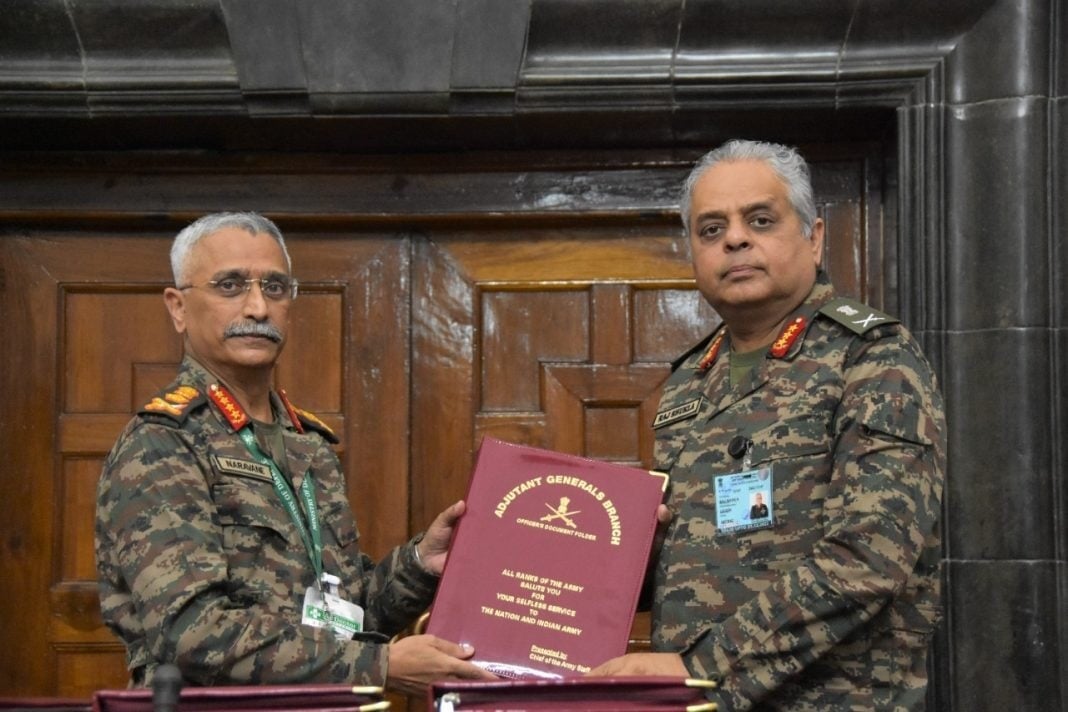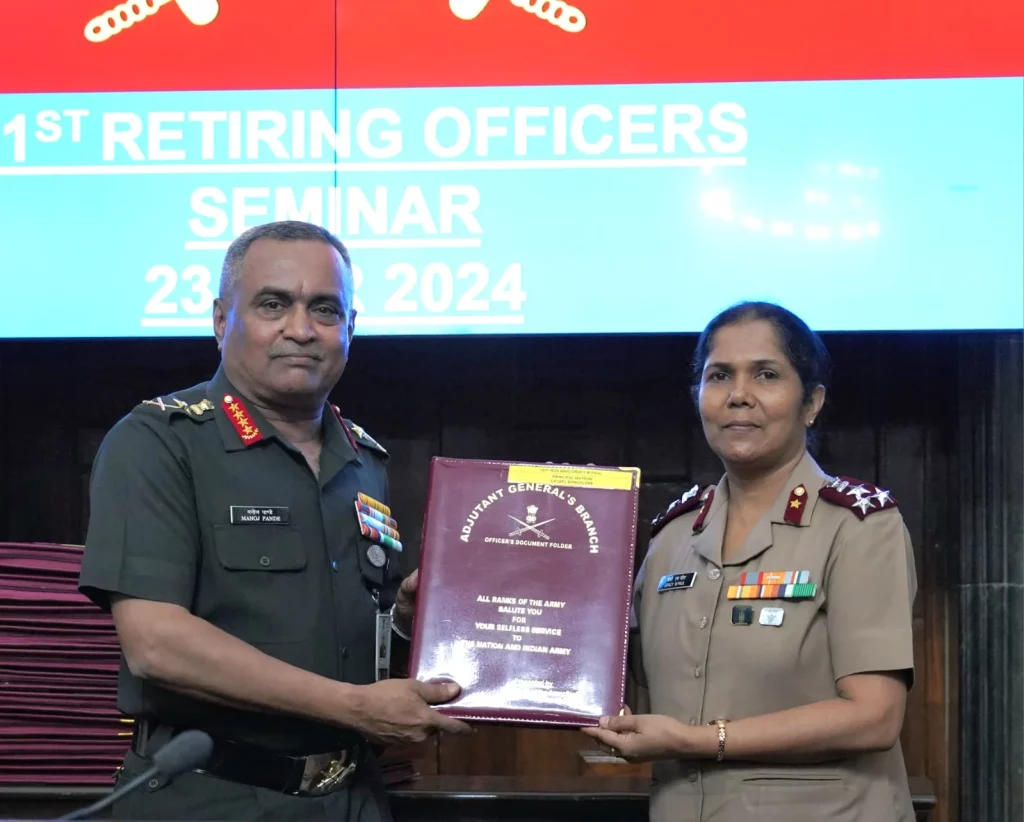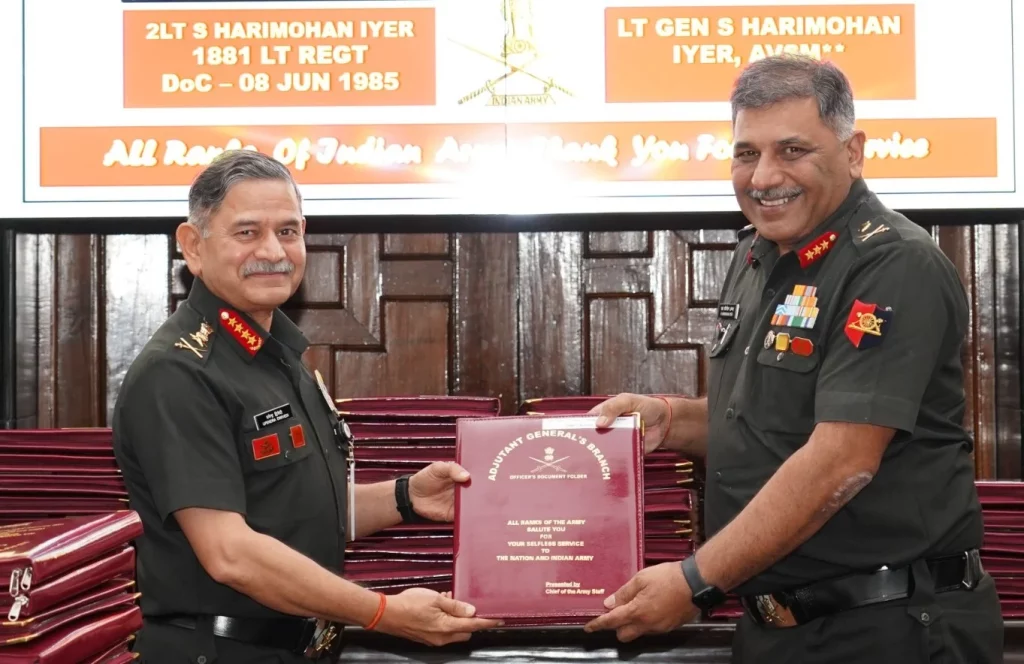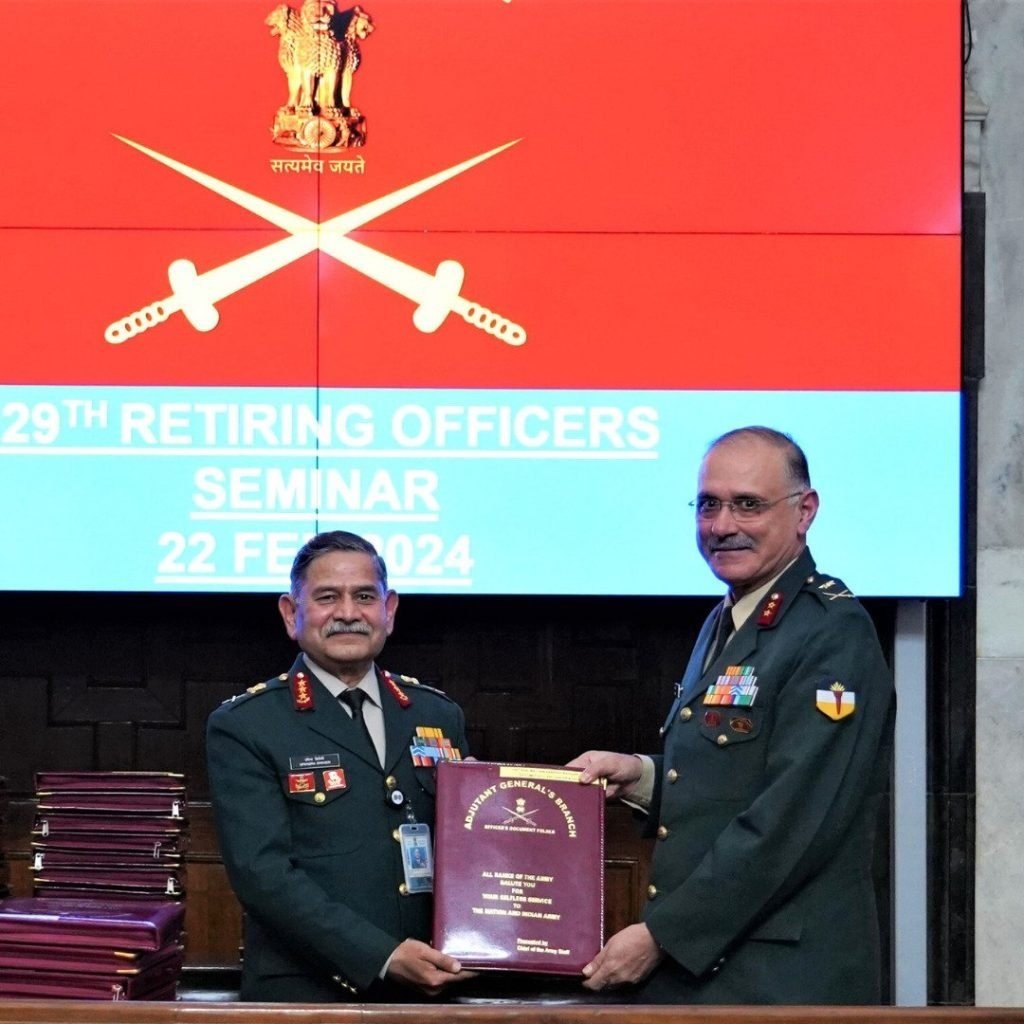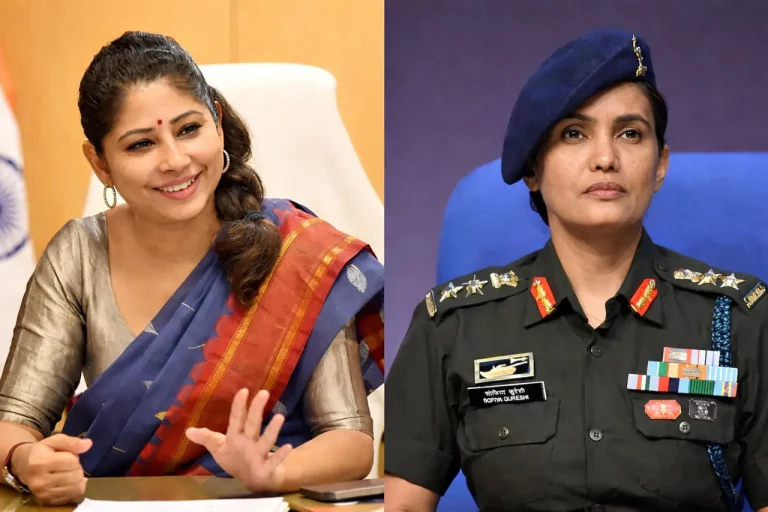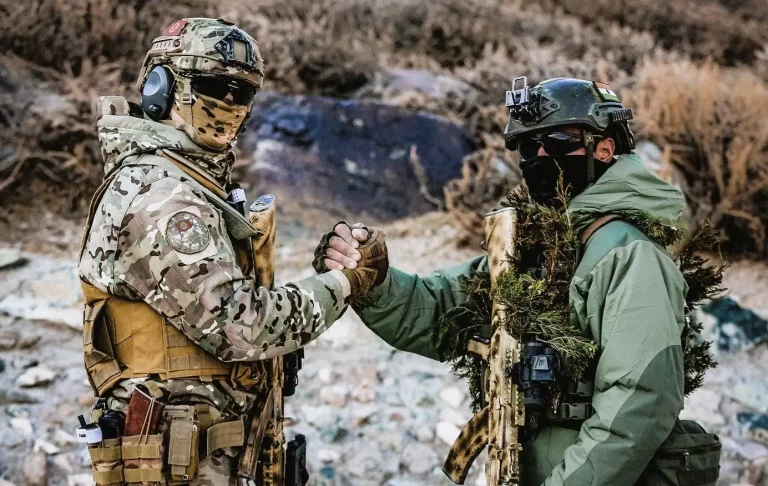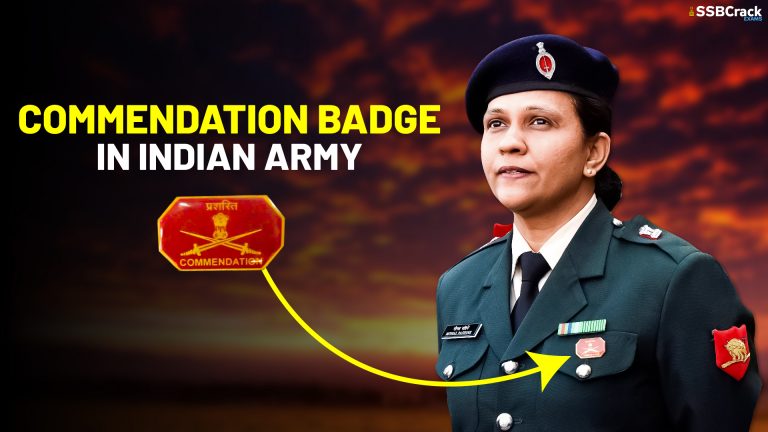The Annual Confidential Report (ACR) is a critical instrument within military organizations, serving as a comprehensive evaluation of an officer’s performance, potential, and overall contribution to their unit and the larger armed forces. This essential document provides a structured framework for assessing various competencies, including leadership qualities, technical skills, and personal conduct.
The Annual Confidential Report not only informs career progression decisions but also plays a pivotal role in the professional development of military personnel.
The Annual Confidential Report is essentially a detailed performance appraisal prepared by an officer’s immediate superior. It encompasses a wide range of evaluation criteria that reflect an officer’s capabilities and suitability for advancement within the military hierarchy. The information compiled in the ACR is confidential and serves multiple purposes, including promotion considerations, training assignments, and career development strategies.
Also Read | What is the Role of QRT in the Indian Army?
Purpose of the Annual Confidential Report
The primary aim of the Annual Confidential Report is to provide a robust assessment of an officer’s performance and potential. This evaluation acts as a feedback mechanism, allowing officers to recognize their strengths and identify areas for improvement. Additionally, the Annual Confidential Report serves as a vital resource for military leaders who rely on this information to make informed decisions regarding promotions and other career-related opportunities.
Importance of the Annual Confidential Report in Career Development
The Annual Confidential Report is more than just a routine evaluation; it is a strategic tool that empowers officers to take charge of their professional growth. By receiving constructive feedback, officers can tailor their training and development efforts to align with both their personal aspirations and the operational needs of the military. This process fosters an environment of continuous learning, ultimately enhancing the effectiveness of the armed forces.
Evaluation Criteria in the ACR
The Annual Confidential Report typically encompasses several key areas of assessment, each contributing to a holistic view of an officer’s capabilities. Below are the primary evaluation criteria used in the Annual Confidential Report.
Leadership and Managerial Skills
One of the foremost areas of evaluation in the Annual Confidential Report is an officer’s leadership and managerial abilities. Evaluators assess an officer’s capacity to inspire, motivate, and guide their subordinates. Key components of this assessment include:
- Decision-Making Skills: The ability to make sound judgments under pressure.
- Resource Management: Effectiveness in managing personnel and material resources.
- Team Dynamics: How well the officer fosters collaboration and teamwork.
Technical Expertise
An officer’s technical knowledge and its application in military operations are crucial evaluation aspects. This section of the Annual Confidential Report examines:
- Field Proficiency: Depth of knowledge in relevant military disciplines.
- Problem-Solving Skills: Ability to apply technical knowledge to real-world challenges.
- Innovation: Willingness to adopt new technologies and methods.
Physical Fitness
Given the demanding nature of military service, physical fitness is a critical component of the Annual Confidential Report. Evaluators consider:
- Fitness Levels: Overall physical condition and ability to meet military standards.
- Endurance and Strength: Assessment of physical capabilities essential for various operational tasks.
- Improvement Areas: Identification of specific fitness goals for further development.
Personal Conduct
An officer’s behavior, both in and out of uniform, is meticulously evaluated to ensure adherence to military values. Key factors include:
- Integrity: Commitment to ethical standards and honesty.
- Disciplinary Record: Evaluation of any infractions or commendations.
- Interpersonal Skills: Ability to communicate effectively and build relationships.
The Structure and Standardization of the ACR
While the format of the ACR may differ slightly among various military branches, it generally includes narrative evaluations, numerical ratings, and recommendations for improvement. As military operations increasingly require joint efforts among different services, the need for a standardized ACR format has become evident.
Towards a Unified Annual Confidential Report Format
Recognizing the importance of consistency, military leadership has initiated steps to implement a common ACR format for senior officers. This initiative is part of a broader strategy to enhance joint operations and ensure that all officers are evaluated using comparable criteria, regardless of their specific branch of service.
Benefits of Standardization
- Consistency: A unified format ensures that all officers are assessed on the same parameters.
- Fairness: Standardization promotes equity in evaluations across different services.
- Enhanced Collaboration: A common framework facilitates better communication and understanding among officers from diverse backgrounds.
Also Read | How to Become a CO in the Indian Army
Cross-Service Postings and the ACR
As the military increasingly adopts cross-service postings, the relevance of a harmonized ACR system becomes even more pronounced. Officers now find themselves working in multi-service environments, necessitating an appraisal system that reflects their performance in these integrated settings.
The Role of Cross-Service Experience
Cross-service postings allow officers to gain diverse experiences and skills, making them more versatile leaders. The ACR must therefore account for the unique challenges and competencies developed in these roles.
Challenges and Opportunities
- Evaluation Complexity: Assessing performance in a joint environment can be challenging but offers a comprehensive view of an officer’s capabilities.
- Skill Diversification: Officers with cross-service experience may bring valuable insights that enhance operational effectiveness.
The Sanctioned Strength of Senior Officers
Understanding the structure of senior military ranks is crucial for contextualizing the ACR’s significance. Each military branch has a sanctioned strength that establishes the number of senior officers allowed.
Breakdown of Senior Officer Ranks
| Rank | Army | Navy | Air Force |
|---|---|---|---|
| Lieutenant General | 94 | – | – |
| Vice Admiral | – | 23 | – |
| Air Marshal | – | – | 29 |
| Major General | 310 | – | – |
| Rear Admiral | – | 71 | – |
| Air Vice Marshal | – | – | 70 |
Implications of Sanctioned Strength
The sanctioned strength of senior officers highlights the need for an effective evaluation system like the ACR. With a significant number of senior personnel, consistent and fair assessments are crucial for maintaining morale and operational readiness.
Future Directions for the ACR
The introduction of a standardized ACR format for senior officers marks a pivotal step towards enhancing the military’s appraisal processes. As the armed forces continue to evolve, the need for a cohesive evaluation system will become increasingly important.
Anticipated Developments
- Integration of Technology: Future ACR systems may incorporate digital tools to streamline evaluations and feedback.
- Continuous Improvement: Regular updates to the ACR format will ensure it remains relevant to the changing landscape of military operations.
The Path Forward
The successful implementation of a common ACR format not only supports career progression but also fosters a culture of accountability and excellence within the military ranks.
Empowering Officers Through the ACR
The ACR is not merely a bureaucratic requirement; it serves as a powerful catalyst for personal and professional growth among officers. By providing detailed feedback, the ACR enables officers to take proactive steps toward enhancing their skills and competencies.
Fostering a Culture of Learning
Encouraging officers to engage with their ACRs cultivates a mindset of continuous improvement. This approach not only benefits individual officers but also strengthens the overall effectiveness of the armed forces.
Strategies for Personal Development
- Setting Goals: Officers can use feedback from their ACRs to set specific, measurable goals for their development.
- Seeking Mentorship: Engaging with mentors can provide additional insights and guidance for career advancement.
The Confidential Nature of the ACR
Confidentiality is a cornerstone of the ACR process. The sensitive nature of the information contained in these reports necessitates strict confidentiality to ensure objectivity and fairness.
Importance of Confidentiality
- Objective Assessments: Confidentiality allows evaluators to provide honest and unbiased feedback.
- Protection of Officers: Ensuring that evaluations remain confidential protects officers from potential biases or external influences.
Encouraging Honest Feedback
It is crucial for officers to understand the importance of providing candid feedback during the evaluation process. This openness fosters a more accurate representation of performance and potential.
The Feedback Loop in the ACR Process
The ACR is not a static document; it is part of a dynamic feedback loop that encourages ongoing dialogue between the evaluator and the officer being assessed.
Engaging in Constructive Dialogue
Active engagement in the evaluation process allows officers to clarify expectations and seek guidance on areas for improvement. This dialogue is essential for ensuring that the ACR accurately reflects an officer’s performance and potential.
Benefits of a Feedback Loop
- Enhanced Accuracy: Continuous feedback helps to refine the assessment process, making it more relevant and useful.
- Career Development: Officers who actively participate in discussions about their ACRs are better positioned to shape their career paths.
Also Read | What is the Pension of Indian Army Officer?
Conclusion
The Annual Confidential Report (ACR) is an indispensable element of the military’s human resource management framework, serving as a comprehensive assessment of an officer’s performance and potential. As the armed forces move towards greater integration and collaboration, the need for a standardized ACR format has become increasingly evident. The recent initiatives to implement a common ACR for senior-ranked officers represent a significant advancement in this direction, promoting fairness and consistency in evaluations.
By empowering officers through the ACR and fostering a culture of continuous feedback and improvement, the military can ensure that its most valuable asset—its personnel—are well-prepared for success, ultimately enhancing the overall readiness of the armed forces.
FAQs
1. What is the purpose of the Annual Confidential Report (ACR)?
The ACR serves as a comprehensive assessment of an officer’s performance, providing feedback that aids in career development, promotion decisions, and training opportunities.
2. How does the Annual Confidential Report impact an officer’s career?
The ACR plays a crucial role in determining promotions and assignments, making it a vital component of an officer’s career progression.
3. What are the key areas evaluated in the Annual Confidential Report?
The Annual Confidential Report evaluates leadership and managerial skills, technical expertise, physical fitness, and personal conduct.
4. Why is confidentiality important in the Annual Confidential Report process?
Confidentiality ensures that evaluations are objective and free from external influences, fostering an environment where honest feedback can be provided.
5. How can officers use their Annual Confidential Report for personal development?
Officers can leverage feedback from their Annual Confidential Report to set specific goals, seek mentorship, and actively engage in their professional growth.
